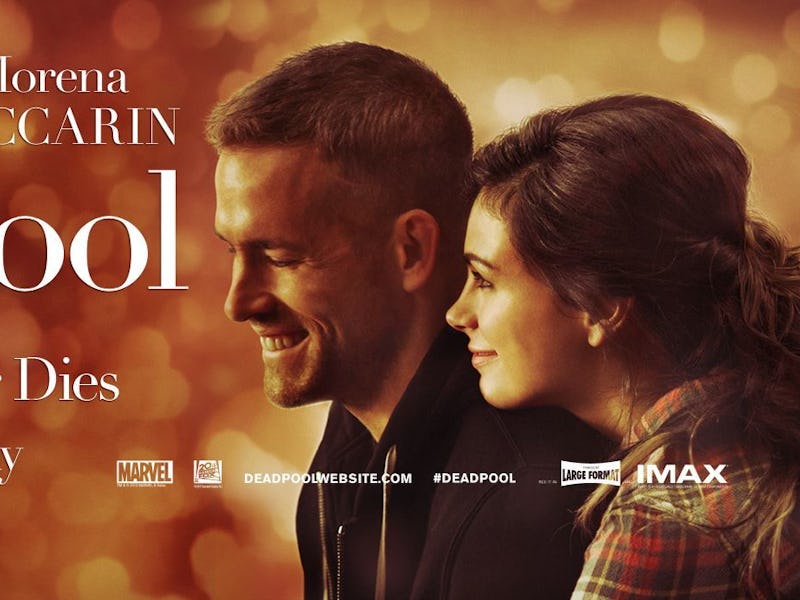Why 'Deadpool' Will Give Superhero Movies a Well-Needed Kick in the Ass
I don't even like 'Deadpool,' but the genre desperately needs him.

Meet Deadpool. He talks to the audience. He takes nothing seriously. He really loves Mexican-American fast food. He’s so 1990s it hurts, but he’s not ’90s like Nirvana or Friends. He’s in-your-face like South Park or Family Guy, Sonic or Crash Bandicoot, or the Offspring or Blink-182 at their worst. He’s basically the Poochie of the Marvel Universe.
OK, that may be a little harsh. I’m not a huge fan, clearly, but Deadpool can be entertaining, although almost never consistently such. And yet I find myself actually looking forward to his movie.
Here’s the core problem with superhero movies: They don’t have enough tonal diversity. Thereare basically two forms: the Marvel-style light action flick, filled with banter until the CGI starts to fly and the world is saved from some magical jewelry or another; or the DC-style grit-fest, with strong-jawed men looking down their strong jaws at difficult decisions, and then snapping necks.
Yet pick up a comic book, and the combinations of art and writing (and the fact that, with dozens released every week, there’s more room for experimentation) show a huge range of styles. There’s the nasty political satire of a Warren Ellis book, or the intricate epic science fiction stories of Jonathan Hickman’s Avengers. Check out the playful formalism of David Aja’s art, combined with Matt Fraction’s small-scale tragicomedy in Hawkeye.
David Aja's art in the fantastic 'Hawkeye' series.
But Marvel makes too much money to change its house style, and DC seems utterly committed to second-rate Christopher Nolan-style grimdark for the foreseeable future. Enter Fox as a third option: It’s had reasonable success with the X-Men franchise, but utterly mishandled Fantastic Four. If anyone’s going to give a totally different tone a try, it would be Fox. And so we get Deadpool.
Superhero movies need Deadpool because they need something to take the piss out of their self-important world-changing stakes. They don’t have variety, and comedy is used as relief, not plot. They have constant violence, but rarely show blood. If it takes Wade Wilson making jokes about his asshole and actually saying “fuck,” then sure, why not? (The misogyny toward Gina Carano’s character, on the other hand, is rather less inspiring.)
So why does Deadpool the film look promising while Deadpool the comics character wears out his welcome? The straightforward answer is that comics Deadpool is and was an extension of that medium’s flaws, while film Deadpool is a response. Artist Rob Liefeld and writer Fabian Nicieza created the character as they were beginning to take over Marvel’s X-Men books, and ushering in an era of big-chested, grim-faced men and women stabbing each other in the back, with lines and pouches everywhere.
Ah, the 1990s, when hands on swords were impossible to draw.
In other words, comics Deadpool wasn’t a parody or satire of the worst excesses of 1990s comics. He was, in fact, created by some of the people responsible for those excesses to wink at the audience and hang a lampshade on their own work. As time has passed, he’s had good moments and bad, but he’s not necessary in a medium that’s diversified significantly since his heyday.
Film Deadpool, though? Coming from the slight underdogs at Fox, with a gifted comedic actor in Ryan Reynolds and a marketing team that understands that they need to stand out? This has a chance to stir up the stagnant superhero film pond. It may be nasty, raunchy, childish, offensive, and/or bad, but I hope it shows Hollywood that there’s a way to do superheroes that isn’t just a bloodless PG-13 punch-fest.